
Improving Welfare for Stalled Horses with Selected Nature Sounds and Music
Researchers think certain sounds might reduce frustration behaviors in stalled horses.

Researchers think certain sounds might reduce frustration behaviors in stalled horses.

After years of speculating that colic occurs more frequently in horses that crib, researchers have finally provided consistent data confirming this association.

Mares get a bad rap for recalcitrant estrous behavior, but hormones and tumors could also be at play. Learn more in The Horse‘s Spring 2024 issue.
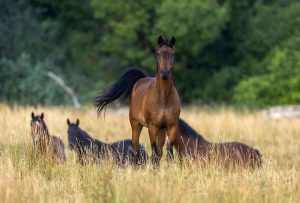
Many situations horses face lead to chronic stress, which can result in changes in health and behavior.
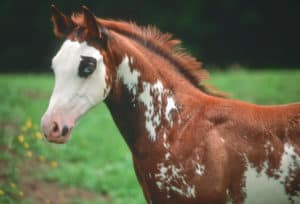
What genes and coat colors are more likely to result in a spooky or reactive horse? Experts explain what we know about equine genetics and behavior.

Consider these 4 behavior-science-based approaches to help your horse load safely.
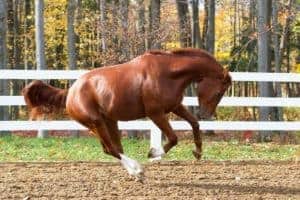
Discover 9 physical and behavioral reasons your horse might be kicking up his heels.
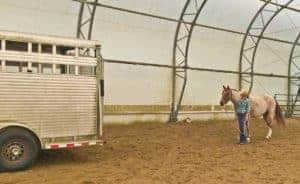
Equine behaviorists apply a scientific lens and an analytic approach to solving behavior problems.
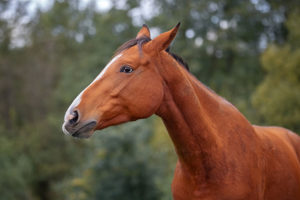
Can you see the signs of stress? Equine behavior experts share what to look for in your horse.

Horses’ body language and habits can tell you a lot about their pain levels, moods, and motivations. Learn more in this article from the Fall 2023 issue of The Horse.
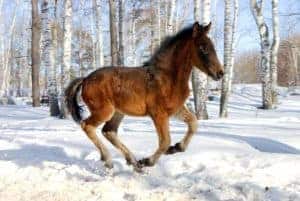
An equine behavior expert offers advice on raising and training an orphan foal to reduce future unwanted behaviors.
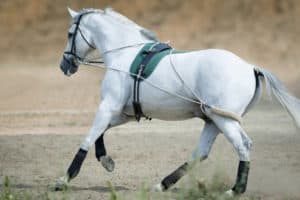
Two equine biomechanics researchers share insight on how to properly use equine training aids such as elastic bands, longeing systems, and various rein rigs.

New research shows that veterinarians might need to allow several hours between transportation and testing for conditions such as PPID.

Find out how you can influence your horse’s behavior through feed management and ingredients.

A nutrition expert offers advice on preventing weight gain and boredom while a hefty horse is on stall rest.

Learn about devices designed to measure equine athletes’ cardiac function and maximize performance.
Stay on top of the most recent Horse Health news with
© 2022 Copyright Statement dolor sit amet, consetetur sadipscing User Terms, sed diam nonumy eirmod tempor invidunt ut labore et dolore magna aliquyam erat, sed diam voluptua. At vero eos et accusam et justo duo dolores et ea rebum. Stet clita kasd gubergren, no sea takimata sanctus est Lorem ipsum dolor sit amet.
"*" indicates required fields